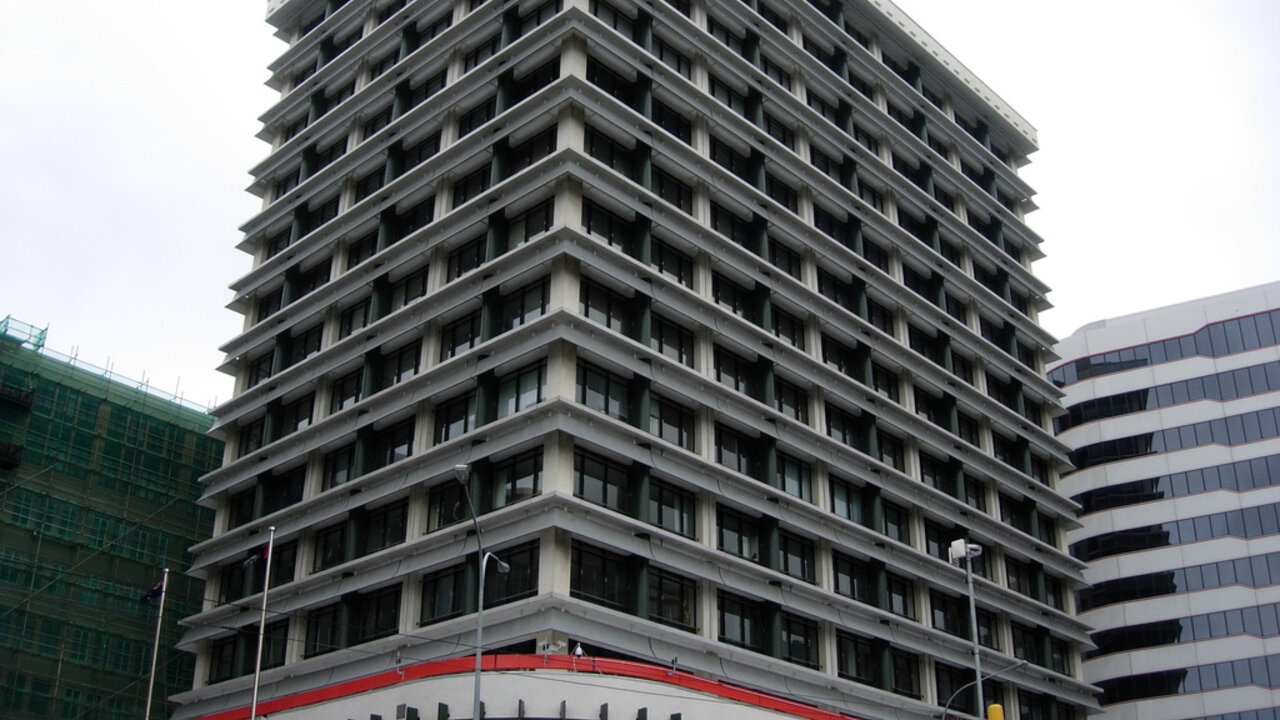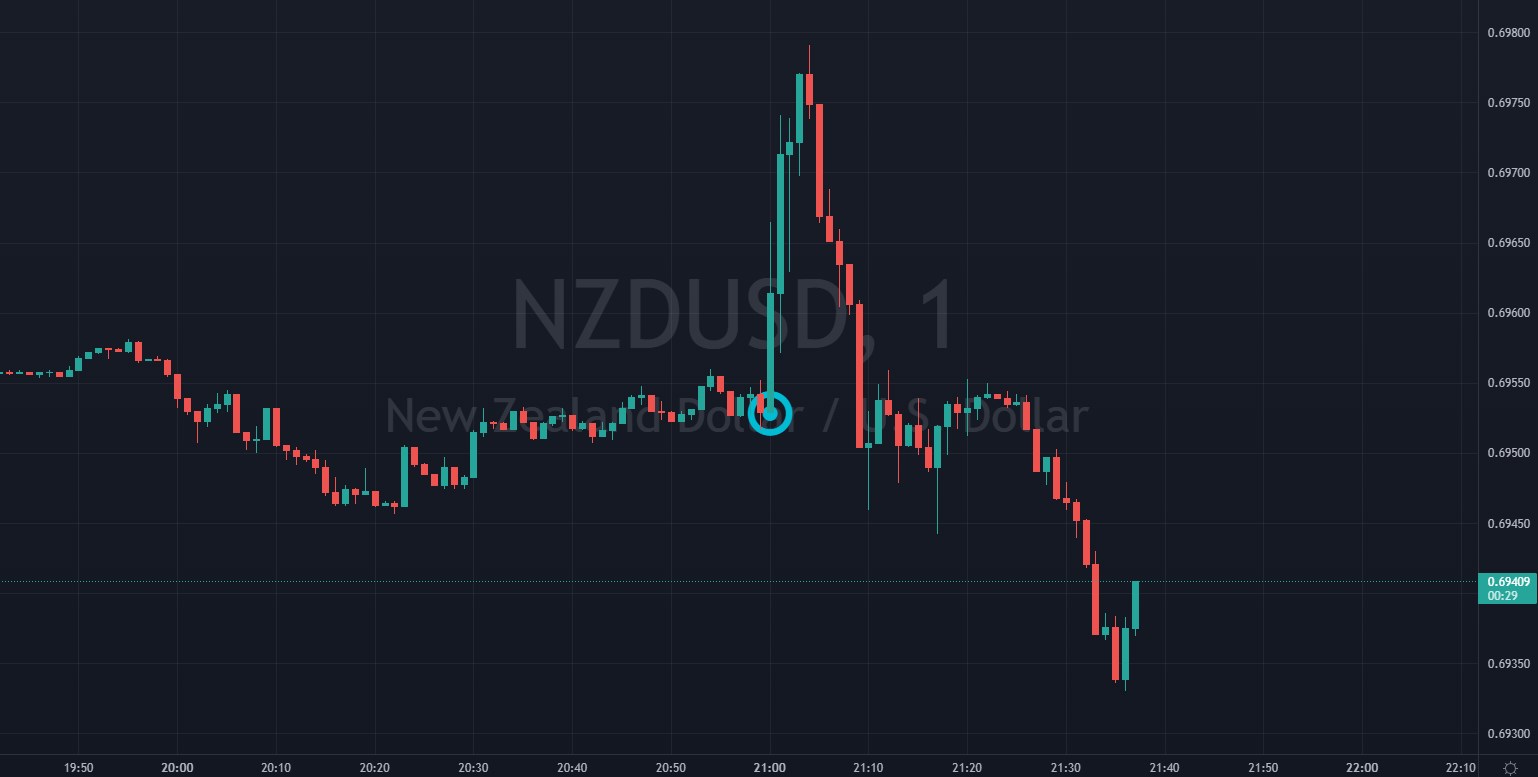
RBNZ Summary of Comments:
Consistent with our assessment at the time of the August Statement, it is appropriate to continue reducing the level of monetary stimulus so as to maintain low inflation and support maximum sustainable employment.
The Committee noted that the level of global economic activity has continued to recover, supported by rising COVID-19 vaccination rates in many countries, a gradual relaxation of mobility restrictions, and continued monetary and fiscal support. However, the near-term outlook for global growth has weakened somewhat due to the spread of the Delta variant, fuel shortages, and rising risks to the Chinese economy. Considerable uncertainty exists regarding the longer-run economic impacts of COVID-19.
To ensure price stability and maximum sustainable employment over the medium term, policy stimulus will need to be reduced. Cost pressures are increasing in intensity. Shortfalls in demand are less of a concern than the economy's capacity limits. Capacity constraints persist throughout the economy.
During the medium term, a variety of factors are predicted to restrain property values.
As in the global economy, rising demand alongside capacity constraints is contributing to higher domestic inflation. Cost pressure in New Zealand has been accentuated in the near term by higher oil prices, supply shortfalls and rising transport costs. This is expected to result in CPI inflation rising above 4% in the near term, before returning towards the 2% midpoint of the target band over the medium term. Core inflation remains near the target mid-point.
Economic activity will recover quickly as alert level restrictions ease. There's a chance capacity bottlenecks will endure. The level of house prices is currently unsustainable.
